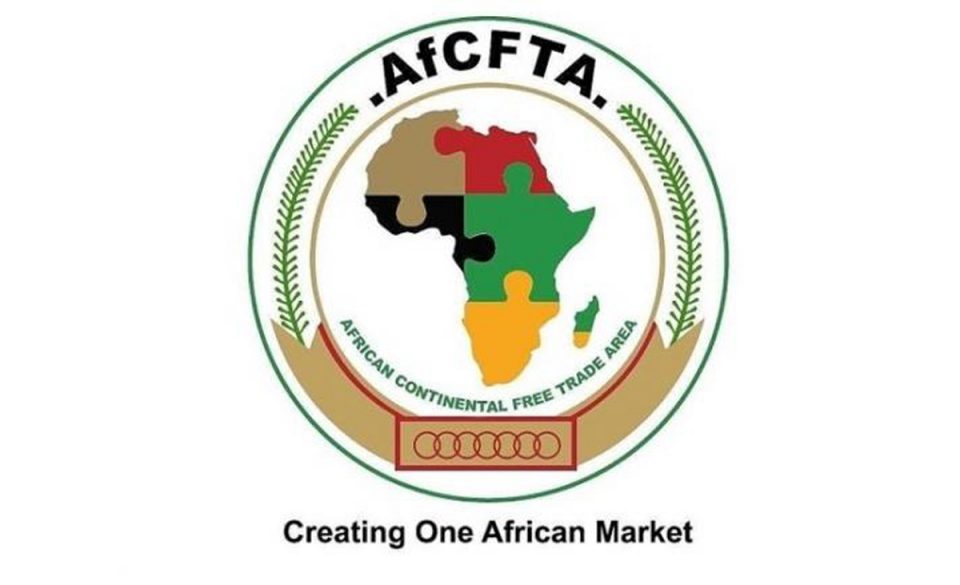To facilitate the much-anticipated progressive continental trade, the African Continental Free Trade Area (AfCFTA) will need to scale several hurdles.
The United Nations Economic Commission for Africa estimates that the agreement will boost intra-African trade by 52 per cent by 2022, yet the implementation is yet to take off fully.
With a successful implementation of this new trade initiative, there is potential for Africa’s manufacturing sector to double in size, from $500b in 2015, to $1t in 2025, creating about 14 million stable jobs.
Meanwhile, the United Nations Conference on Trade and Development (UNCTAD) in a new report titled: “Implications of the African Continental Free Trade Area for Trade and Biodiversity: Policy and Regulatory Recommendations,” stated that the new regime is facing some critical challenges, which need to be eliminated urgently.
It noted that unharmonised or burdensome non-tariff measures (NTMs) can dramatically restrict market entry, limiting the ability of countries to reap economic, social and environmental gains from trade in sustainably produced biodiversity-based goods and services.
NTMs are defined by UNCTAD as “policy measures other than ordinary customs tariffs that can potentially have an economic effect on international trade in goods, changing quantities traded, or prices or both.”
UNCTAD therefore stressed the need for an identification exercise on key NTMs affecting biodiversity-based products and services, and BioTrade in particular so that these may be addressed by novel mechanisms within the framework of the AfCFTA Agreement.
Also, it noted that the Intellectual Property Rights (IPRs) institutional and legal landscape in Africa is complex, and IPRs issues may be challenging to negotiate at a continental level.
Only recently, the Nigerian Customs Service (NCS) stated that the AfCFTA would commence in Nigeria after the crucial criteria are completed, although, it stated that the process is “currently at 81 per cent” completion.
The Public Relations Officer of NSC, Deputy Controller, Joseph Attah, said the country’s list of tariff offers has been communicated to the NCS from the National Office for Trade Negotiation, and the Economic Community of West African States (ECOWAS).
He said: “We have started the reconfiguration of the system to capture the AfCFTA procedures. The senior trade officials comprising of trade leaders in all African countries are still meeting to finalise the rules of origin criteria. Trade in AfCFTA will start after the crucial criteria are completed. Currently it is at 81per cent,” he stated.
On December 5, 2020, the African Union Heads of States and Government launched Protocol on Trade in Goods under the African Continental Free Trade Area (AfCFTA), which took off on January 1, 2021.
The objective of the AfCFTA Protocol on Trade in Goods is to boost intra-African trade in goods through progressive elimination of tariffs; progressive elimination of NTBs; enhanced efficiency of customs procedures, trade facilitation and transit.
Others are enhanced cooperation in the areas of technical barriers to trade (TBT) and sanitary and phytosanitary measures (SPS); development and promotion of regional and continental value chains; and enhanced socio-economic development, diversification and industrialisation across Africa.




